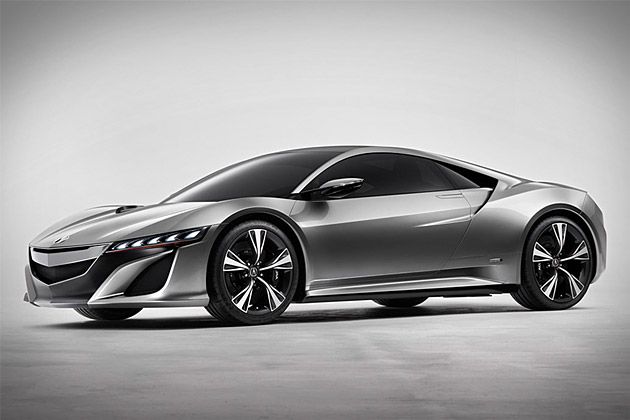
The History of Cars
Cars have been around for centuries, but it wasn’t until the 19th century that they became a popular mode of transportation. The first cars were steam-powered and were invented in the late 1700s. The first gasoline-powered cars were invented in the late 1800s, and the first mass-produced cars were produced in the early 1900s. Since then, cars have become an integral part of modern life.
The Evolution of Cars
The evolution of cars has been a long and fascinating journey. In the early days, cars were powered by steam engines, which were bulky and inefficient. As technology improved, gasoline engines became the norm, and cars became more efficient and reliable. In the 1950s, the introduction of automatic transmissions made cars easier to drive, and the introduction of air conditioning made them more comfortable.
The Modern Car
Today, cars are more advanced than ever before. They are powered by sophisticated engines that are capable of producing tremendous amounts of power. They are equipped with a variety of safety features, such as airbags and anti-lock brakes, that make them safer to drive. They are also equipped with a variety of modern conveniences, such as GPS navigation systems and Bluetooth connectivity, that make them more enjoyable to drive.
The Future of Cars
The future of cars looks bright. Automakers are constantly developing new technologies that make cars more efficient, more reliable, and more enjoyable to drive. In the near future, cars will be powered by alternative fuels, such as electricity and hydrogen, and will be equipped with autonomous driving systems that make them safer and easier to drive.
The Impact of Cars
Cars have had a profound impact on society. They have revolutionized the way we travel, allowing us to go farther and faster than ever before. They have also had a major impact on the economy, creating jobs and stimulating economic growth. Finally, cars have had a major impact on the environment, as they are responsible for a large portion of air pollution and greenhouse gas emissions.
The Future of Automotive Technology
The future of automotive technology is bright. Automakers are constantly developing new technologies that make cars more efficient, more reliable, and more enjoyable to drive. In the near future, cars will be powered by alternative fuels, such as electricity and hydrogen, and will be equipped with autonomous driving systems that make them safer and easier to drive. In addition, cars will be equipped with a variety of modern conveniences, such as GPS navigation systems and Bluetooth connectivity, that make them more enjoyable to drive.
The Impact of Automotive Technology
The impact of automotive technology has been profound. Automotive technology has revolutionized the way we travel, allowing us to go farther and faster than ever before. It has also had a major impact on the economy, creating jobs and stimulating economic growth. Finally, automotive technology has had a major impact on the environment, as cars are responsible for a large portion of air pollution and greenhouse gas emissions.
The Future of the Automotive Industry
The future of the automotive industry looks bright. Automakers are constantly developing new technologies that make cars more efficient, more reliable, and more enjoyable to drive. In addition, automakers are investing heavily in autonomous driving systems that will make cars safer and easier to drive. Finally, automakers are investing in alternative fuels, such as electricity and hydrogen, that will make cars more environmentally friendly.
